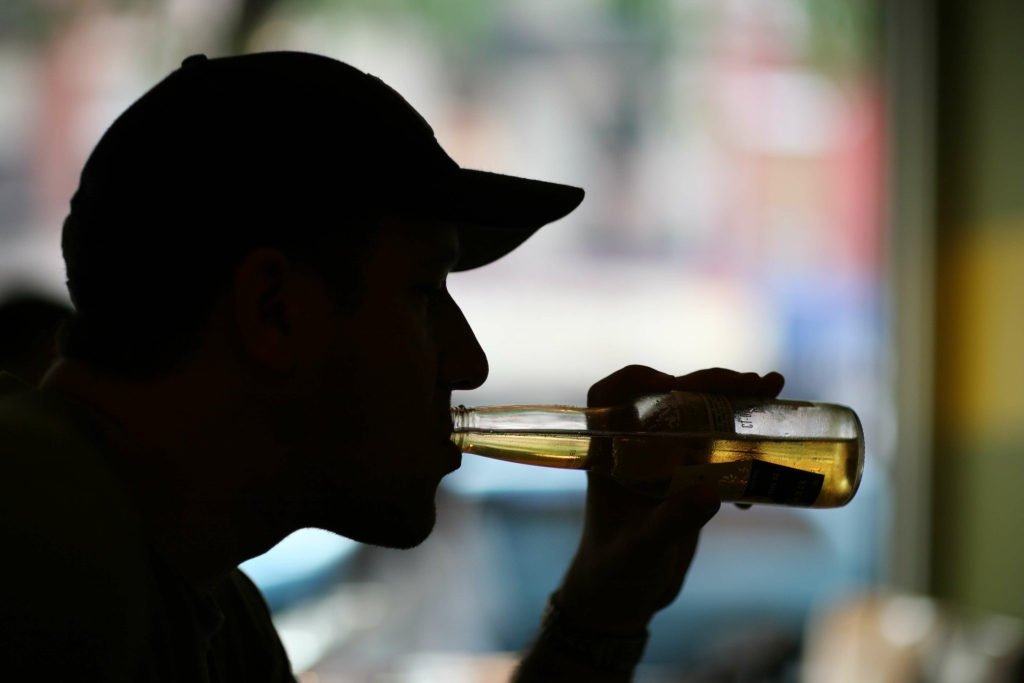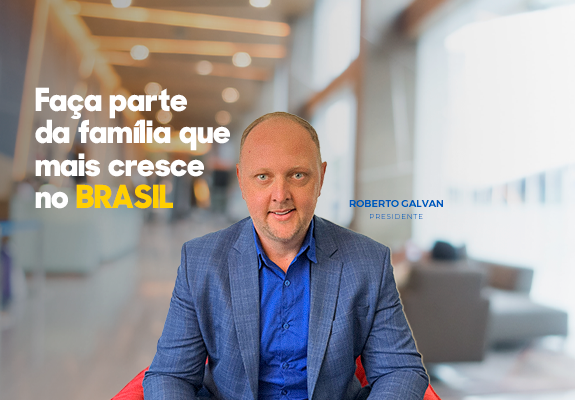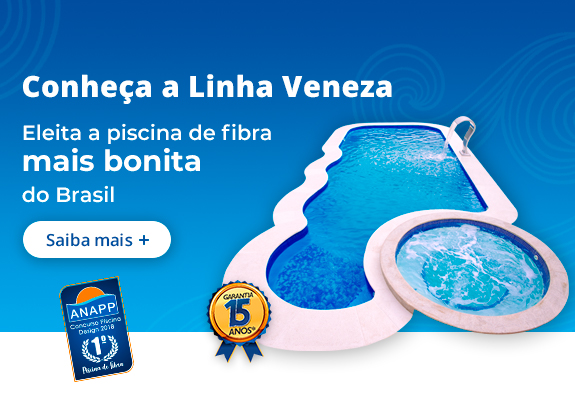28 de outubro de 2020
What is the difference between addiction & dependence?
Content
After being off it for two weeks I knew that it was relieving the pain. I had been taking 30mg tid, but when addiction vs dependence I restarted it I only got up to 15mg tid. I decided to try stopping it, and I’m down to 15mg in the morning.
- Other professionals who diagnose addiction (e.g. social workers, physician assistants, nurse-practitioners, addiction counselors) also need better education about these distinctions.
- Sometimes, drug dependence and addiction are accompanied by underlying mental health issues, such as depression, anxiety, eating, trauma, and stress-related disorders.
- Regardless of the severity of the dependence or addiction, it’s never recommended to stop using drugs or alcohol cold turkey.
- People who are addicted to a drug may continue to use it even when it causes problems in their personal or professional lives, and they may feel a strong craving or urge to use the drug.
- After I cleared it with my doctor, I recently stopped taking Diltiazem, which a cardiologist prescribed because I was having brief episodes of tachycardia.
The World Health Organization also believed it should be replaced with dependence in 1964, which is likely where the confusion stems. Being dependent on a drug and being addicted to a drug are two distinct, but related, concepts. The proposed changes to DSM-IV have been listed on the American Psychiatric Association website with an invitation for public comment, and we received in all about 8000 with about 500 specifically on substance-related disorders. The comments were reviewed by the Substance Related Disorders Working Group and the final version will be tested in a field trial later this year. However, treatment programs occur in various settings for different lengths of time. Addiction treatment is the best way to get help and overcome dependency or addiction.
Addiction Is a Disease; Tolerance and Dependence Aren’t
As preparations for the fifth revision of the Diagnostic and Statistical Manual of Mental Disorders (DSM) are under way, this paper focuses upon changes proposed for the substance use disorders section. It briefly outlines the history behind the current nomenclature, and the selection of the term ‘dependence’ over ‘addiction’ in earlier versions of the DSM. These dual meanings have led to confusion and may have propagated current clinical practices related to under-treatment of pain, as physicians fear creating an ‘addiction’ by prescribing opioids.
Unhelpfully, however, nowhere in the DSM-5 is this explicitly and transparently mentioned. In fact, the American Psychiatric Association (APA), who are the developers of the DSM, nonchalantly utilize the terms “substance use disorder” and “addiction” interchangeably on their website. One of the main medical texts that are used by mental health professionals to diagnose addiction is the Diagnostic and Statistical Manual of Mental Disorders (the DSM), which is currently in its fifth edition.
The Difference between Dependence and Addiction
Considering the dangers inherent in using opioids, anyone needing to manage minor pain after a procedure should be wary of them — and be aware of their other options. Even more alarming than the statistics is how avoidable the crisis should be, because opioids are often unnecessary — and there are effective over-the-counter alternatives to relieve minor pain. Connect with thousands of patients and caregivers for support and answers. Connect with thousands of patients and caregivers for support, practical information, and answers. I know that I take more medications than others, but there’s a reason for each one. After I cleared it with my doctor, I recently stopped taking Diltiazem, which a cardiologist prescribed because I was having brief episodes of tachycardia.
In the most recent edition, however, it does not have this distinction. “Consumers should speak to their doctor about trying an NSAID first for minor pain relief rather than filling a prescription opioid right away,” Ng advised. So, I keep looking for safer, healthier, alternative pain management. 2 or 3 years ago I tapered off it to see if it was having an effect on my neuropathy pain.
Recognizing The Difference
You can be addicted without being dependent and be dependent without having an addiction. There has been an evolving understanding that substance misuse relates to a complex set of variables that includes a person’s genetics as well as physical, mental, emotional and social factors. The medical community has typically thought of addiction as
abuse of a substance that continues even when there are detrimental
consequences, such as losing a job or developing physical issues like kidney
damage or ulcers. The National Center for Drug Abuse Statistics says more than 20 million people over the age of 12 in the United States have substance use disorder. Most commonly, the cases are related to marijuana and prescription pain relievers.

Recovered is not a medical, healthcare or therapeutic services provider and no medical, psychiatric, psychological or physical treatment or advice is being provided by Recovered. If you are facing a medical emergency or considering suicide or self harm, please call 911 immediately. Edmund has an extensive background in addiction research and medical writing, working collaboratively with doctors, substance use disorder specialists, and clinical experts across all content on Recovered. If you or a loved one are struggling with mental health or substance abuse, we can help.
Substance use disorder
Dependence is characterized by the symptoms of tolerance and withdrawal. While it is possible to have a physical dependence without being addicted, addiction is usually right around the corner. Addiction is in its own category and is characterized as changes in behavior, which are caused by the biochemical changes in our brain due to prolonged substance abuse.
- Research suggests that no treatment method is superior, but that social support is very important and that organizations such as AA and NA have better than average success rates in reducing relapse.
- Getting treatment after detoxing also helps addicts learn how to manage life without abusing addictive substances, which can reduce the risk of relapse.
- Addiction is characterized by an inability to stop using a substance, despite the harmful consequences.
- He also sees people who have taken heroin without developing an addiction, yet they can’t seem to stop smoking and give up nicotine.
I suppose that some people would have an addiction problem if they were to take some of the meds I take. I’ve never had a problem with addiction, to drugs or alcohol or nicotine or a behavioral addiction. If a person is exhibiting two or more of the above symptoms, professional substance use treatment is recommended.










